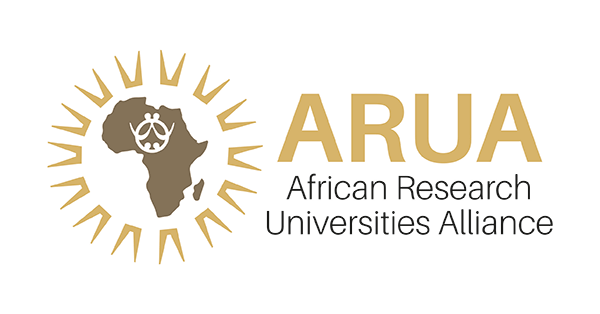Time: Friday 22nd July 2022, 02:00 PM East African Time
Venue: CHUSS Smartroom, Makerere University
Registration Link:
https://zoom.us/meeting/
Abstract
The research was conducted among 650 purposively selected participants from the three major ethnic groups in Nigeria through an online survey. The study seeks to know if pleasant collective memories will positively influence ethnic and national identification, and if on the other hand, unpleasant collective memories will be positively associated with ethnic identification but negatively associated with national identification among others. Findings of the study through a Latent Class Analysis and Path Model Analysis indicate that pleasant collective memories positively influenced ethnic identification and national identification b = .56, SE = .15, p < .001, b = .67, SE = .14, p< .004. Also, the result indicates that unpleasant collective memories have a significant positive influence on ethnic identification, but a significant negative influence on national identity. (b= 0.239, -0.058). Further, victim belief was found to be a predictor of collective action. (b = 0.251, p<.001). The study discusses how these dynamics influence ethnic group’s relations with other ethnic groups and the government in a pluralistic society.
Presenter:
- Dr. Wakil Ajibola Asekun, ARUA-Carnegie Research Fellow ARUA CoE Identities;
- Senior Lecturer, Dept. Psychology-University of Lagos, Nigeria
Chair:
- Dr. Amon Ashaba Mwiine, Lecturer, School of Women and Gender Studies-Makerere University

